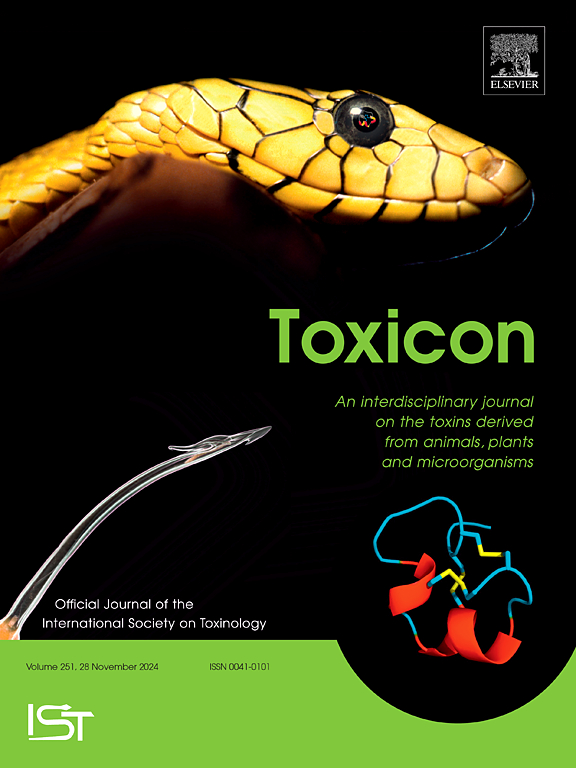Why do antivenoms still terrify Brazilian doctors? Lessons from the penicillin treatment decentralization
IF 2.6
4区 医学
Q2 PHARMACOLOGY & PHARMACY
引用次数: 0
Abstract
Penicillin and antivenom treatments may cause early adverse reactions. Given the low incidence of hypersensitivity reactions attributed to penicillin, the Brazilian Ministry of Health determined the decentralization of the use of this medicine to community health centers, especially to treat syphilis and prophylaxis of congenital syphilis. Regarding antivenoms, the establishment of modern purification technologies in the manufacturing process ensured the increasing efficacy and safety in the country. However, lack of training and the use of outdated evidence on the frequency of adverse reactions and the overdiagnosis of hypersensitivity reactions to antivenoms generates resistance from health professionals to administer these products in non-hospital settings. Also, robust studies on the safety of concomitant medications are lacking in this field. This results in delays in treatment leading to poor clinical outcomes.
为什么抗蛇毒血清仍然让巴西医生感到害怕?青霉素治疗分散化的经验教训。
青霉素和抗蛇毒血清治疗可能会引起早期不良反应。鉴于青霉素引起的过敏反应发生率低,巴西卫生部决定将这种药物的使用下放到社区保健中心,特别是用于治疗梅毒和预防先天性梅毒。关于抗蛇毒血清,在生产过程中建立了现代净化技术,确保了该国日益提高的功效和安全性。然而,由于缺乏培训和使用关于不良反应频率的过时证据以及对抗蛇毒血清超敏反应的过度诊断,卫生专业人员对在非医院环境中使用这些产品产生了抵制。此外,在这一领域缺乏对伴随用药安全性的有力研究。这导致治疗延误,导致临床结果不佳。
本文章由计算机程序翻译,如有差异,请以英文原文为准。
求助全文
约1分钟内获得全文
求助全文
来源期刊

Toxicon
医学-毒理学
CiteScore
4.80
自引率
10.70%
发文量
358
审稿时长
68 days
期刊介绍:
Toxicon has an open access mirror Toxicon: X, sharing the same aims and scope, editorial team, submission system and rigorous peer review. An introductory offer Toxicon: X - full waiver of the Open Access fee.
Toxicon''s "aims and scope" are to publish:
-articles containing the results of original research on problems related to toxins derived from animals, plants and microorganisms
-papers on novel findings related to the chemical, pharmacological, toxicological, and immunological properties of natural toxins
-molecular biological studies of toxins and other genes from poisonous and venomous organisms that advance understanding of the role or function of toxins
-clinical observations on poisoning and envenoming where a new therapeutic principle has been proposed or a decidedly superior clinical result has been obtained.
-material on the use of toxins as tools in studying biological processes and material on subjects related to venom and antivenom problems.
-articles on the translational application of toxins, for example as drugs and insecticides
-epidemiological studies on envenoming or poisoning, so long as they highlight a previously unrecognised medical problem or provide insight into the prevention or medical treatment of envenoming or poisoning. Retrospective surveys of hospital records, especially those lacking species identification, will not be considered for publication. Properly designed prospective community-based surveys are strongly encouraged.
-articles describing well-known activities of venoms, such as antibacterial, anticancer, and analgesic activities of arachnid venoms, without any attempt to define the mechanism of action or purify the active component, will not be considered for publication in Toxicon.
-review articles on problems related to toxinology.
To encourage the exchange of ideas, sections of the journal may be devoted to Short Communications, Letters to the Editor and activities of the affiliated societies.
 求助内容:
求助内容: 应助结果提醒方式:
应助结果提醒方式:


